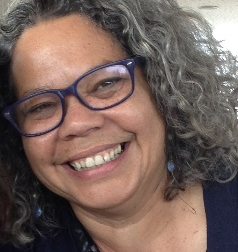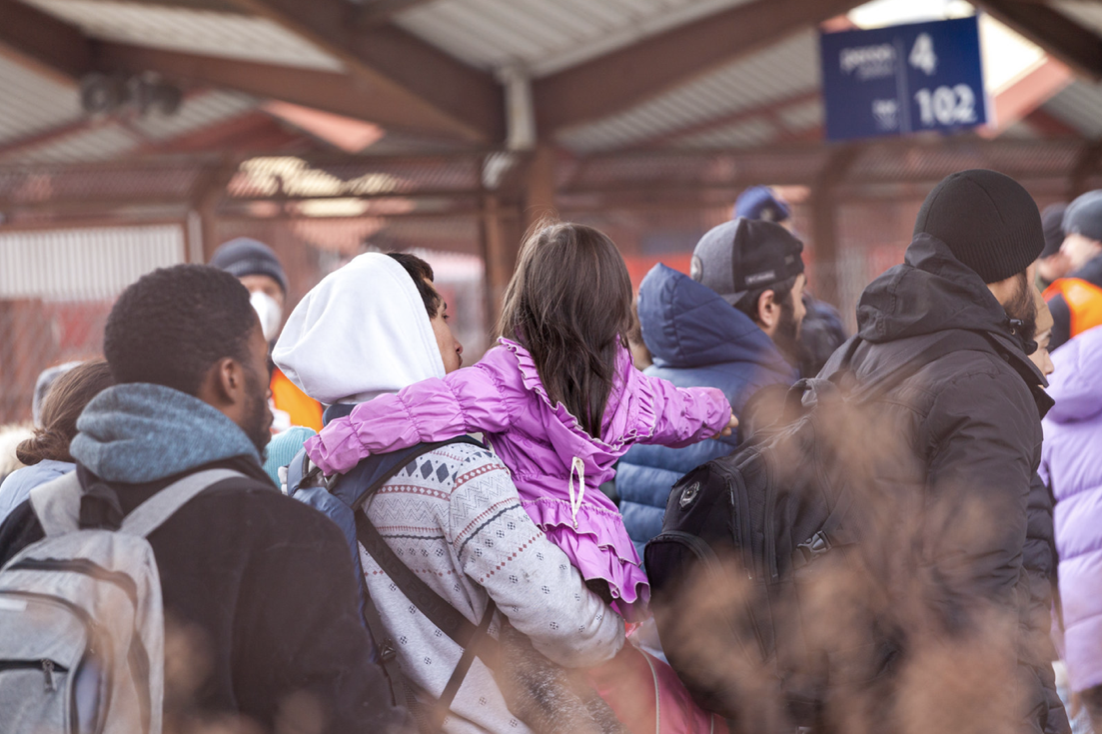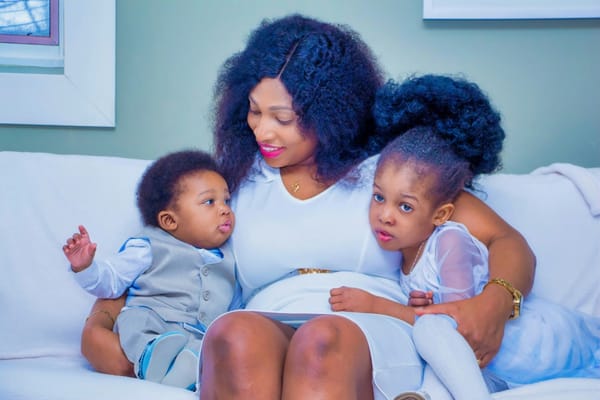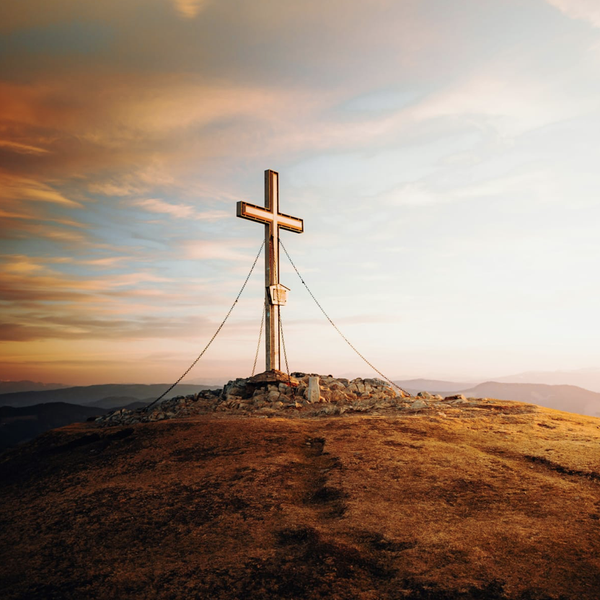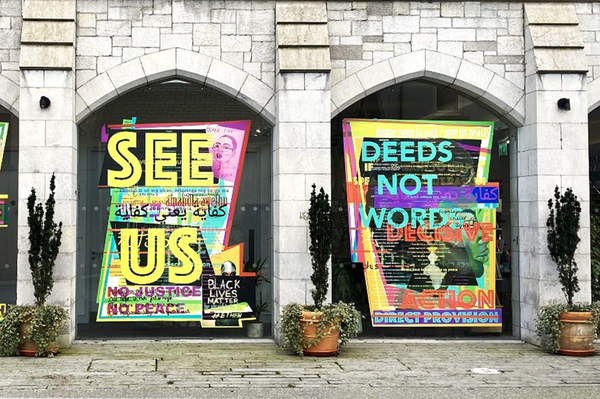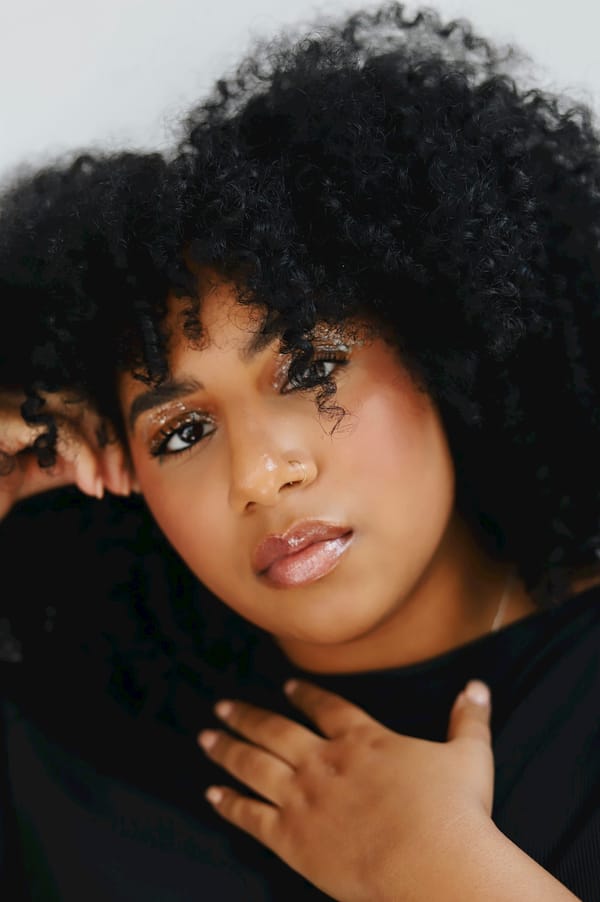White Privilege in War
So focussed are we with the tragedies unfolding within Ukraine that we are overlooking parallel incidents taking place at its borders. Black refugees and other minority groups who have been living, studying and working in Ukraine are facing segregation, racism and abuse as they, too, try to flee war-torn Ukraine to Poland and other bordering countries.
The International Organization of Migration estimates that there are about 470,000 foreign nationals stranded in Ukraine and that over 6,000 have managed to leave the country so far. As of January 2022, Ukraine had a population of approximately 43 million. This is close to twice the population of the state of Texas.
Following numerous reports from Black refugees, an international civil society coalition of activists and human rights attorneys announced on March 2 that they were filing an appeal to the United Nations on behalf of African refugees facing racial discrimination in Ukraine and Poland.
Coalition members said during their news conference that they had also heard reports of segregated lines for white and Black people at the Polish border and of Black mothers and children being thrown off trains. Videos shared on social media show groups of Black people stranded at the border not being allowed in, and various threats against Black people who attempted to cross.
The coalition is being led by the civil rights attorney, Ben Crump, who represented the families of George Floyd and Ahmaud Arbery, and attorney, Jasmine Rand, who represented the families of Trayvon Martin and Michael Brown. It includes, among others, Jamaican Member of Parliament, G. Anthony Hylton, Peter Herbert, one of the UK’s first Black judges, Carlos More, President of the National Bar Association in the US, Ronald Sullivan, of the Criminal Justice Institute at Harvard Law School, Donald Deya, CEO of the Pan African Lawyers Association, and Windrush scandal solicitor, Jacqueline McKenzie.
The coalition is appealing to the United Nations to support their call for the Ukrainian and Polish state and local governments to issue executive orders directing all governmental agencies to treat people of African descent—and other racial minorities—equally and to stop violent practices. The coalition also demands Ukraine and Poland “to admit persons of African descent and racial minorities at rates equal to other persons.”
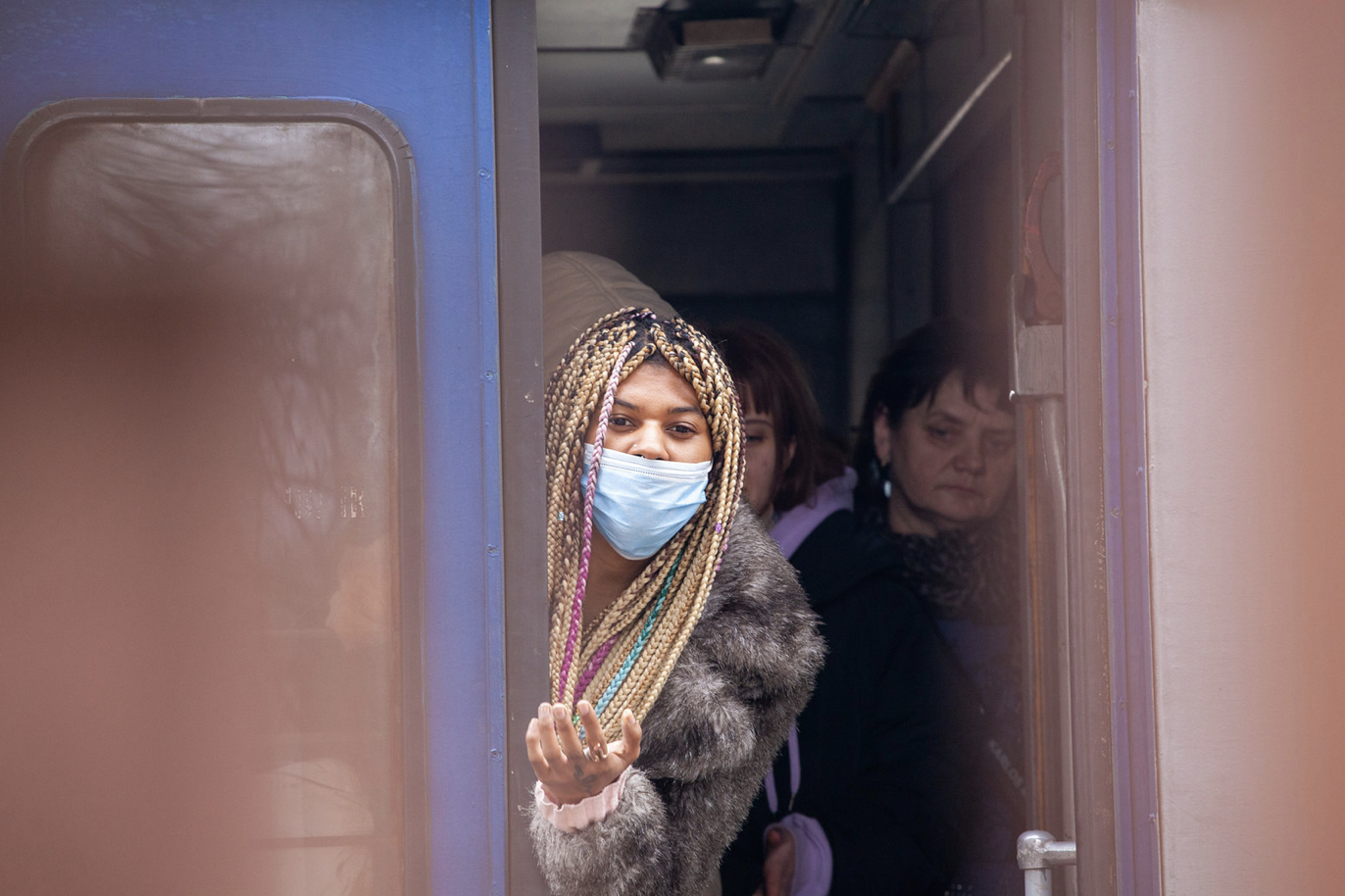
Crump told the conference that sorting and turning away people to be “slaughtered” because of their skin colour cannot be allowed to happen in 2022. “If no one else wants to give them the respect of humanity, we declare their humanity. With every ounce of conviction, we have in our body declare and be unapologetic in defending Black life, Black liberty, anywhere on the face of this Earth.”
This appeal has also been submitted to the UN’s Committee on the Elimination of Racial Discrimination and their Working Group of Experts on People of African Descent.
The African Union (AU), the 55 member states that make up the countries of the African Continent, said in a statement released on February 28, “Reports that Africans are singled out for unacceptable dissimilar treatment would be shockingly racist and in breach of international law.” It also urged countries to “show the same empathy and support to all people fleeing war notwithstanding their racial identity.”
Coalition members believe that what is happening at the borders is consistent with war crimes. According to the UN definition, a war crime includes violations of international humanitarian law taking place during an armed conflict.
During the news conference, coalition members also condemned the bias and stereotypes they are seeing in media coverage through comparisons of conflict.
They denounced the “offensive” press coverage of the conflict, and urged the UN to call for the global media to stop using “comparisons of conflict that perpetuate racism and stereotypes.”
A member, Ronald Sullivan, said the media is comparing pain and suffering of different communities and added, “It is grotesquely ahistorical as well. Europe certainly cannot claim that it has been immune from the pillages of war.”
Beatings and Abandonment at the Border
Grace Kass is a Black make-up artist who lived in Ukraine for over eight years and had successfully made it her home.
On the evening of February 27, the fourth day of the Russian invasion of Ukraine, she fled overnight, escaping Kharkiv in north-eastern Ukraine just in time before the city was bombarded the following day with Russian rockets that killed dozens of civilians.
On reaching Lviv in western Ukraine, Kass joined crowds desperately trying to board trains to Poland, only to be met with hostility from the Ukrainian military. They were dividing people into two groups: Those who were white, and those who were not.
“We entered the train last,” Kass says, describing how she and other African women were forced to wait outside in the snow, while white women and children were allowed to board before them. She believes that the only reason she was spared from being beaten is that she is a woman. Groups of Nepalese, Indian and Somalian men described how they were kicked and beaten with batons by Ukrainian guards who later begrudgingly allowed them to cross over on foot.
African activists and students have been raising awareness of their plight through the Twitter hashtag #AfricansInUkraine
Officials from several African countries including Nigeria, Ghana, Kenya, and Gabon have condemned the reports of racism.
Blame, however, must also be given to African embassies who have been criticised for not planning to evacuate their citizens. According to one Nigerian medical student, the British students he studied with in Dnipro were bused to the Polish border by university authorities while Africans were left behind.
African activists and students have been raising awareness of their plight through the Twitter hashtag #AfricansInUkraine, as well as creating group chats on WhatsApp and Telegram to organise assistance.
Following media reports on the treatment of non-white people by border guards, Polish authorities have announced that third-country nationals will be allowed to enter. In the meantime, the Nigerian embassy in Poland has also promised to have staff waiting at four border locations to meet its citizens with buses and vans.
This Is Personal
I am half Nigerian. There are about 4 to 5,000 Nigerans living, or were living, in Ukraine —most of whom are students.
So, it could have been me at the border who was turned back as was the case of Nigerian medical student, Jessica Orakpo, who reported to the BBC about her ordeal and the racism that she experienced as she attempted to leave Ukraine.
The video of her interview has to be watched to emotionally experience the racism that she and many other People of Color are facing in a war situation where people are being discriminated against based on the colour of their skin.
Once again, I sit here in the safety of my home, upset and angry, at the emergence of racism akin to the harmonic tremor of a volcano that erupts in times of human disaster where solidarity and brotherly/sisterly love should be the order of the day. Tears spring not only when I see the plight and fear of the Ukrainian people but also when I read headlines like this:
Africans in Ukraine Are ‘Crying out for Help’
I am emotionally drained and feel a collective sense of exhaustion. And once again, I am numb with helplessness. What can I do, how can I help those left behind, those treated as classless human beings? People of Colour are tolerated and temporarily included in a society based on their contribution to a country’s treasury but when it comes to the crunch of human survival they are turned against. Is this our true nature when it comes to dire situations such as this?
This fatal concept of otherness which leads to us and them and the ethnocentricity of “you are not one of us/not one of ours” is a deadly outcome of permanent minoritisation.
I guess we just have to continue battling on with our personal campaigns to fight for social justice and stamp out racism. Or, should we concentrate on building a parallel society as was initially propagated by Malcolm X who before his U-turn was among the most ardent proponents of Black self-reliance in the tradition of Marcus Garvey? What a dystopian perception resulting from my feeling of deep frustration and anger, and an extreme positioning. I know.
And what if the war was occurring in Africa and refugees both white and Black, were desperately trying to cross the border? Though the majority would be Black, it would not be surprising if the rich Black elites and white people would be the first to cross. In many African countries, the historical deference to the white colonial masters is ingrained. But perhaps I’m wrong.
Action Taken
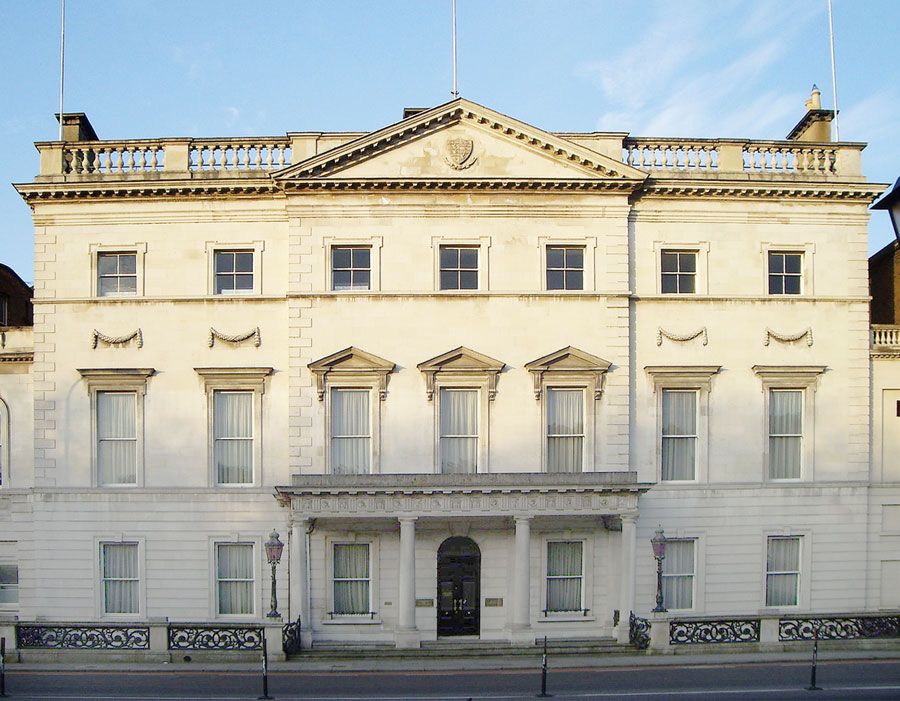
With a group of like-minded women, I have drawn up a petition to the Irish Government and Ministry of Foreign Affairs demanding they support the above-mentioned international coalition of activists and human rights attorneys appealing to the United Nations on behalf of African refugees facing war-time racial discrimination.
And with these women, I stand in solidarity with the Ukrainian people as well as the Russian people endangering their lives to stand up to and denounce Putin’s deadly invasion of Ukraine, and I stand with the non-white residents of Ukraine experiencing horrendous racial segregation, abuse, and racism as they seek to find sanctuary and safety.
I am the child of a Black father and a white mother and am completely westernised in my upbringing but because I belong to a minority group, I will always be considered Black/Brown and never white, something I certainly don’t strive to achieve. I am me and I am equal to all.
And as a reminder, if I were fleeing the war in Ukraine with my children and grandchildren who happen to look white, they might have to leave me behind at the border to save their own skins. A sobering thought.
More Articles by and About Sylvia Wohlfarth
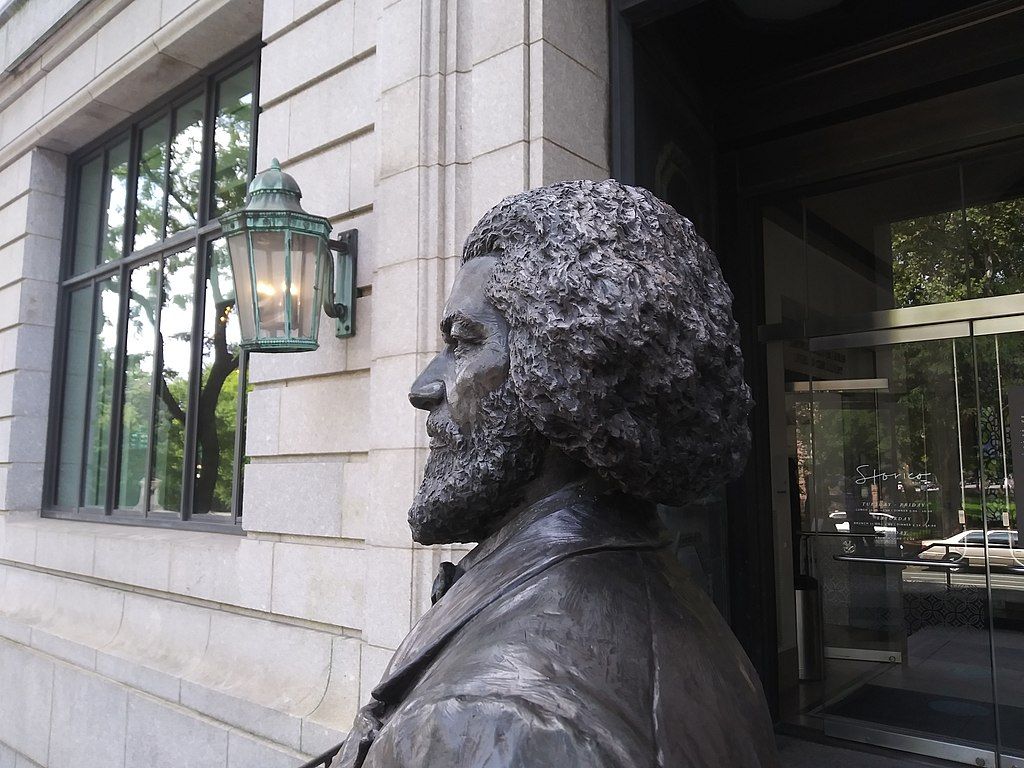
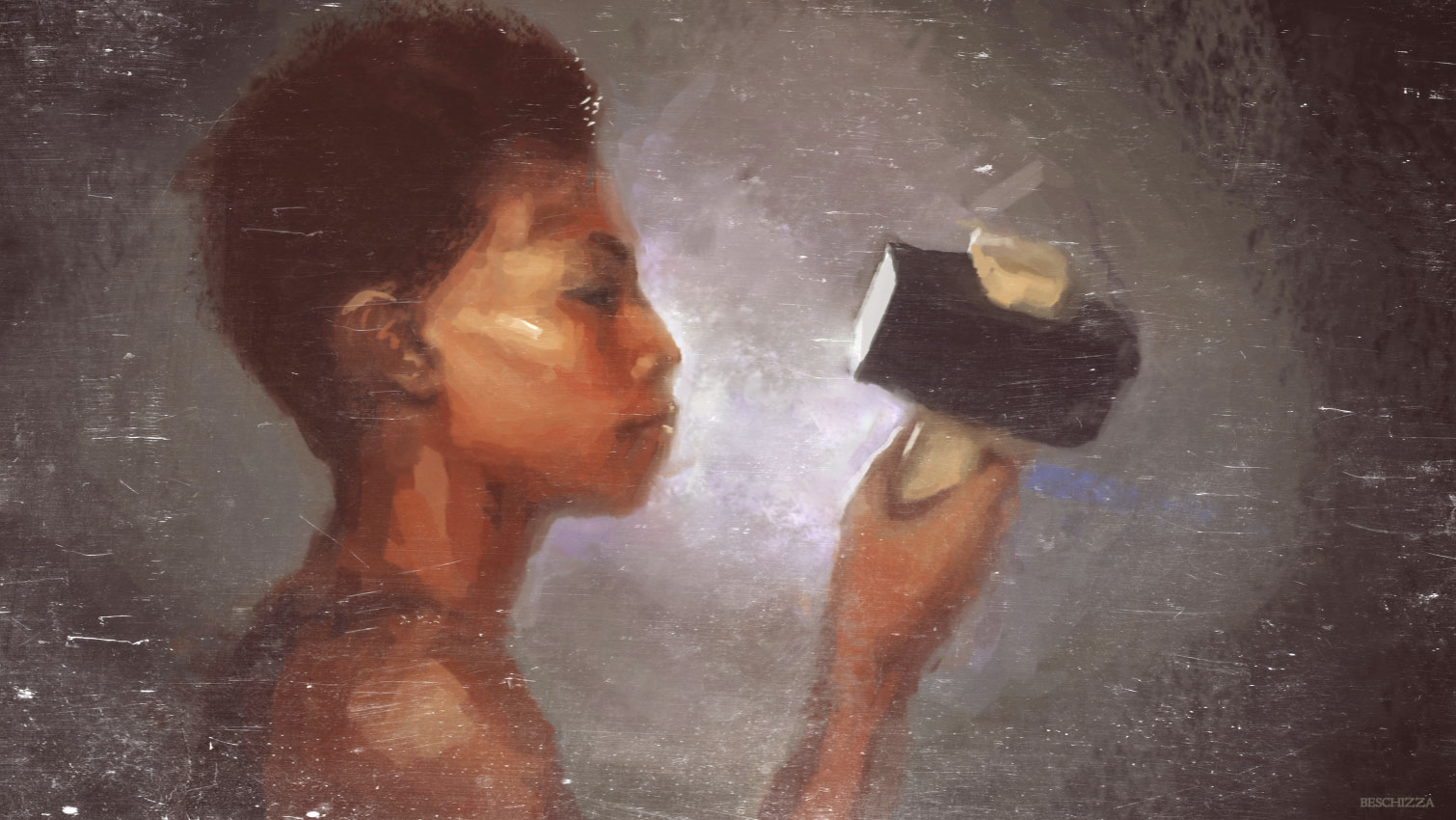
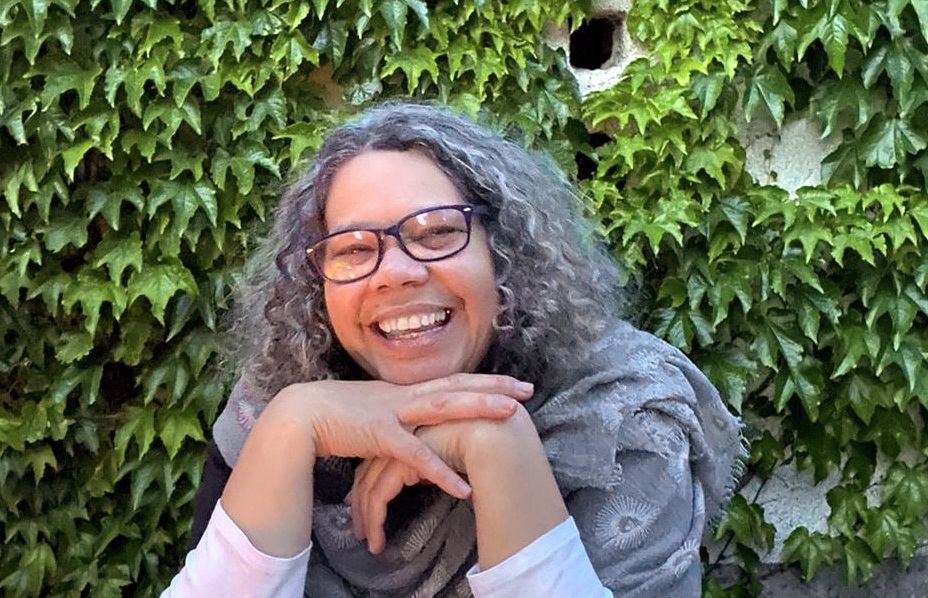
Top photo by Mirek Pruchnicki, Flickr.

